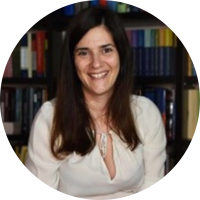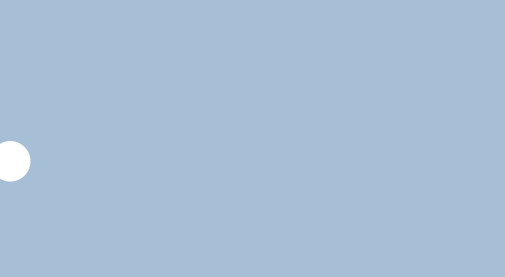My experience as a co-researcher in the DiAW project is, in fact, my personal journey of realising my challenges but also my perspectives as a migrant.
I joined the project a few months after it had started and found myself welcomed into an impressively organised group of people with a very interesting task to pursue. I had always wanted to gain insight into how an actual survey takes place from the scientific point of view, so I decided to take part and get involved as much as possible. At that point, the theme of the project, in my eyes, was just some criteria to check the box: yes, I am a migrant woman, and yes, I am looking for information through the internet; therefore, I am eligible to join.
However, during the first sessions, I noticed that the topic was actually a part of my life in a way I hadn’t realised before. Participating in discussions with my fellow co-researchers about how the survey would proceed, I was surprised to find that I could relate so much to other people’s experiences. Their points of view, ways of thinking and problem-solving approaches were all related to an issue I hadn’t realised we had in common: the migration process.
When I was asked to complete the questionnaire, I never thought that by following a structured way of analyzing a site, I would come to understand, why I was not always getting what I wanted from my visit to that site and what exactly the problem was. Neither had I ever realized that there are so many different approaches from the people behind those sites. So, when I had the chance to meet some of them, I realized that working on the migration issue does not necessarily mean that you can effectively communicate your purpose and achieve your goal, regardless your intention and effort. And most importantly, when we afterwards discussed the process with the rest of the team, I got so much insight on what can be done and was surprised to realise that the outcome was not a theoretical reference on some book on how things should work, but our actual experience as a target group documented on a functional and to-the-point commentary.
I thought that living in other EU countries is easy when coming from an EU state. However, seeing the issues raised by other participants and realising that I have exactly the same ones, I came to the point where I understood that migration is a deeply humane matter, towards which no background could provide solutions, but only the existence of a safety net that effectively meets the specific needs of people. Living in another country means to redefine yourself when all your references are no longer there, and you make no other sense but being a migrant. Finding a context for yourself on that sensitive status could only be achieved if you get the space you need to feel secure, respected and looked after – not in theory or according to the law – but in whatever reaches you personally when interacting with strangers in the hope (and need) to make friends, colleagues, and neighbours.
I consider myself lucky to have taken part in the project and have become optimistic that there is a way to make a difference and to support those who want to help.
Ich bin immer offen für das, was das Leben mit sich bringt. Ich genieße Partnerschaft, Mutterschaft, Freundschaft und Zusammenarbeit in wechselnder Reinfolge. Ich möchte einen positiven Einfluss auf andere haben; und manchmal gelingt das auch.

11/2023
Digitale Informations- und Beratungsangebote bedarfsgerecht (weiter)entwickeln
